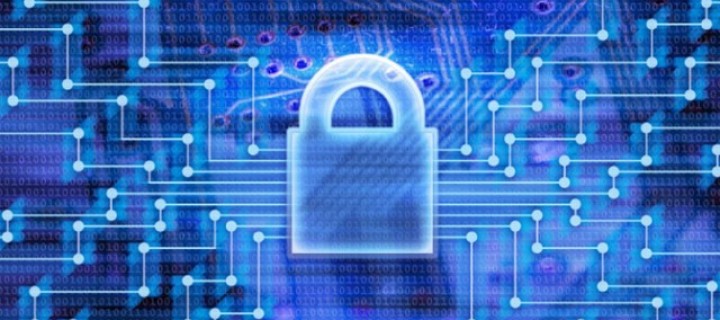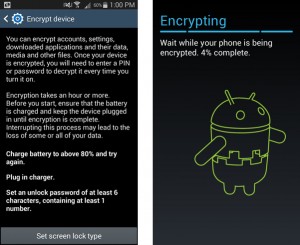Consumer electronic giants Google and Apple have now introduced a new encryption technology in their smartphones in an attempt to protect the privacy of their users. This new encryption technology makes it almost impossible for external entities to access and decipher sensitive information, this includes picture, text messages and e-mails. While this may come as good news to users, the U.S Department Of Justice has taken a strong stand against this level of encryption. The DOJ has sent notice’s to Google and Apple regarding this tech. The DOJ argues that this encryption is a step in the wrong direction. It will prevent law and order officials from accessing data on the devices of suspects or victims. They argue that in today’s day and age of technology we save most of information on our smartphones and other devices, this information could be important evidence in sensitive cases, this encryption will now prevent them from that information. Even with a court order accessing this data will be near impossible, Apple or Google themselves do not have the key to decipher data stored on its servers.
Google and Apple are not the only companies that have introduced stronger encryption codes, WhatsApp too has implemented a type of encryption. The Facebook-owned instant messaging service has boasted that no one in the world besides the sender and the recipient will be able to view messages that have been sent on their platform. The companies have refused to remove the encryption software or to provide a decrypted version to the government. Customer satisfaction and privacy is one of the key driving forces of the consumer electronics industry. The companies have argued that the government should either approach the individual directly or go to the service providers to gain access to this privileged information.
This is not the first time the issue of “right to encrypt data” has arisen in the United states. During the Clinton administration of the 90’s, the encryption of all devices whether military or personal were controlled. This issue was eventually resolved and moderated. Tech companies largely cooperated with the government in providing user data and information in light of the 9/11 attacks. The issue of privacy was once again thrown into the spotlight when NSA’s Edward Snowden came up with a report on the PRISM program which monitored the digital activity of every citizen. The data that NSA collected was in collaboration with the tech companies and was brought under global scrutiny by Snowden’s report.
If companies like Google and Apple did provide the government with backdoor access to consumer data, they leave themselves vulnerable to another Snowden like situation. Tech companies have distanced themselves from the Government since the PRISM program became public knowledge. Companies like Apple and Google have insisted that it is because of instances like this that better encryption exists. But this information has not gone down well with the US government who still insists that for the greater good these companies should willingly hand over user data.
James Cole, deputy general at the DOJ, offered up a particularly gruesome scenario in an interview with the Wall street Journal,
” Should a a company like Apple fail to hand over information to law enforcement: At some future date, a child will die, and police will say they would have been able to rescue the child, or capture the killer, if only they could have looked inside a certain phone”







